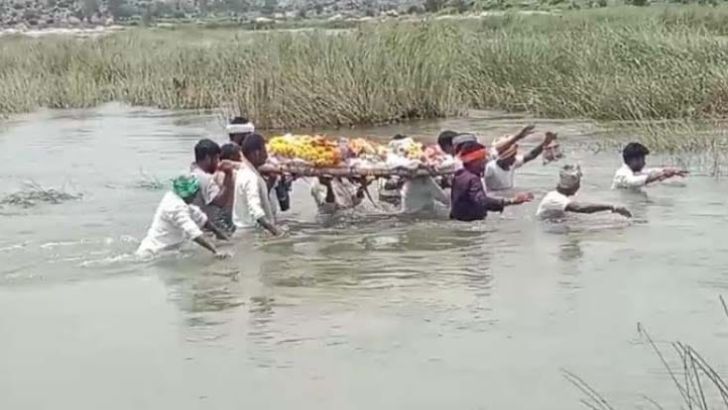City-based startup extracts water from air
Uravu Labs, a startup, started extracting water from the air to generate awareness about groundwater exploitation and climate change and also to shift focus towards sustainable solutions and technology
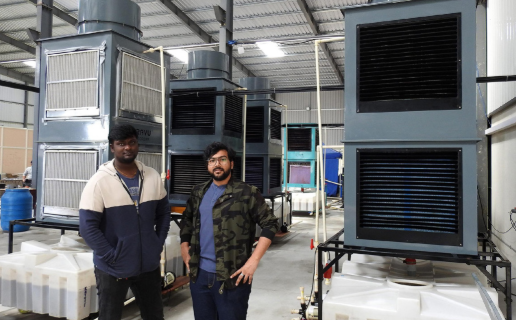
BENGALURU, 9 MAY
At a time when Bengalureans are grappling with water crisis, a City-based firm has been supplying drinking water bottles to the hospitality industry by extracting water from the air.
Uravu Labs, a startup, started
extracting water from the air to generate awareness about groundwater
exploitation and climate change and also to shift focus towards sustainable
solutions and technology. Inspired by a similar process shown in ‘Star Wars’
movie series, the startup is converting air to water using the process of
reverse water evaporation. The machines employed, called Atmospheric Water
Generators (AWGs), absorb moisture from air, filter it and condense it to
collect the water.
According to a study, air has six
times more water than all the rivers combined in the globe, said Swapnil
Srivastav, who co-founded Uravu Labs with his friend Venkatesh RY, told Salar
News. Every 8-10 days, the water replenishes naturally which makes it even more
sustainable. “AWGs are the most reliable source of consumable water as it has
zero wastage of water, whereas Reverse Osmosis (RO) units generate 2-3 litres
of wastewater to produce one litre of water,” Srivastav said.
The AWG is eco-friendly as it uses
solar energy and waste heat from other industries for its working,
reducing the dependency on renewable energy.
Roughly having a height of 6 feet,
the AWG can be set up anywhere, where there is a water crisis. Uravu Labs
is planning to tie up with State government to reach out to more
people. “To tie up with the government, we must reach a certain production
rate. We are currently producing 3,000 litres of water per day and are planning
to produce 1.5 to 2 lakh litres of water per day. Only then can we think of
producing for a large-scale audience,” Srivastav said. —Salar News
Leave a Reply
Your email address will not be published. Required fields are marked *









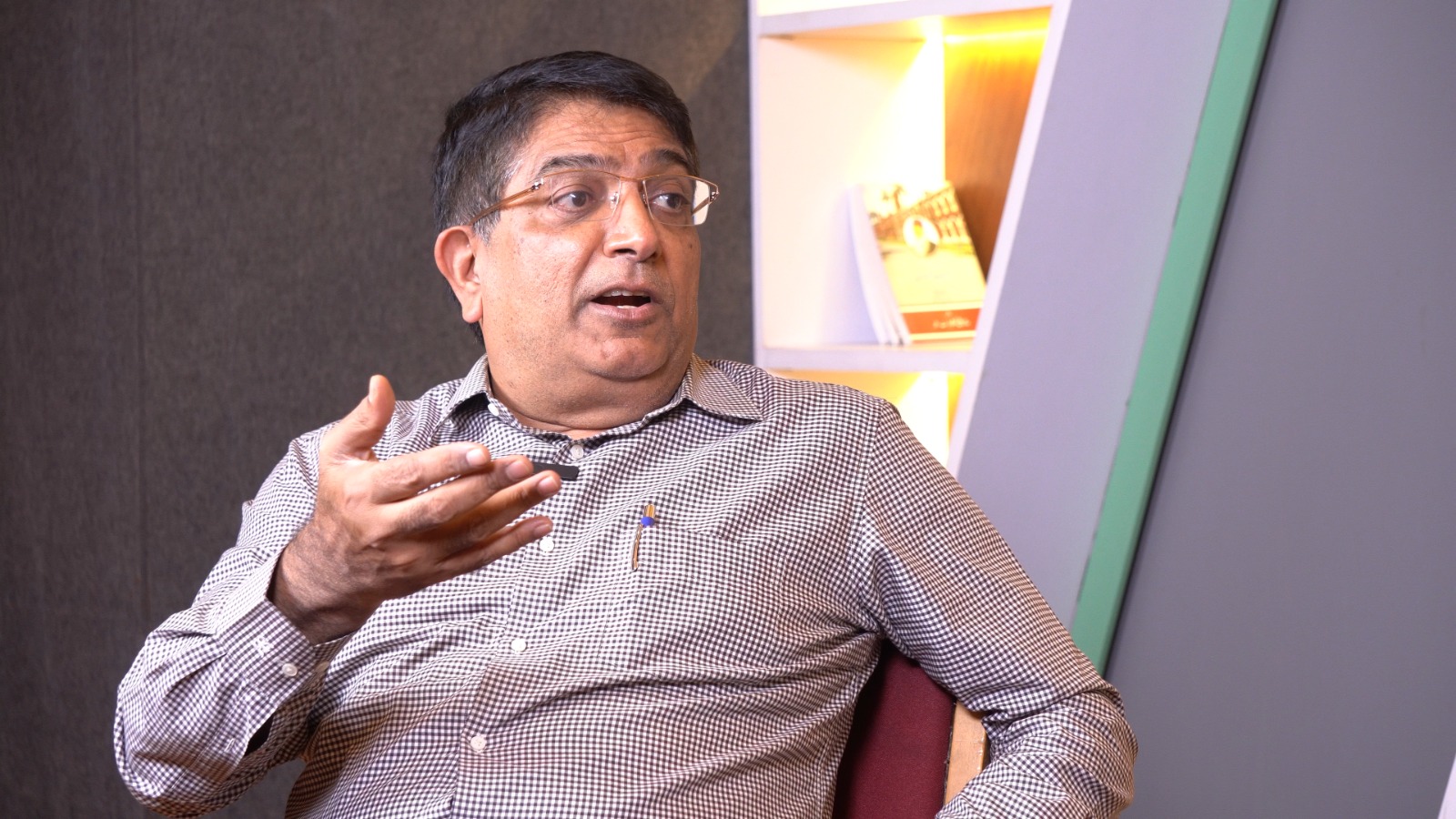
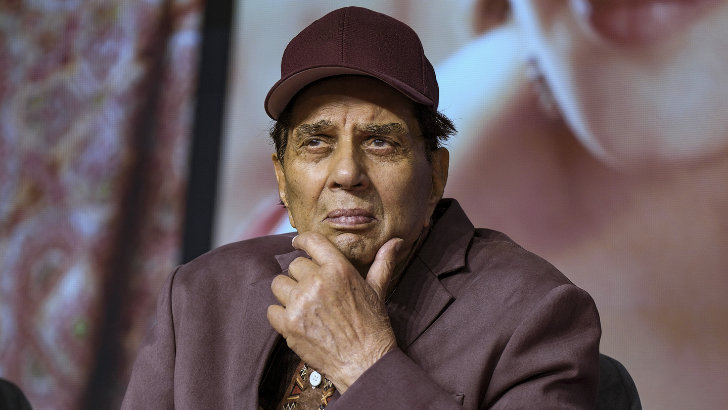
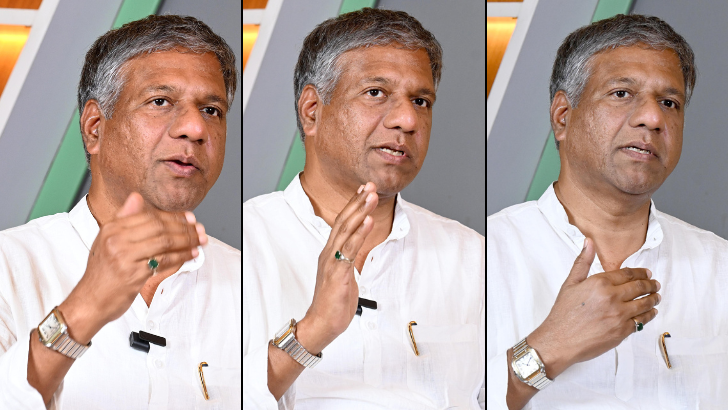
.png)
.png)
.png)
.png)

.jpg)
